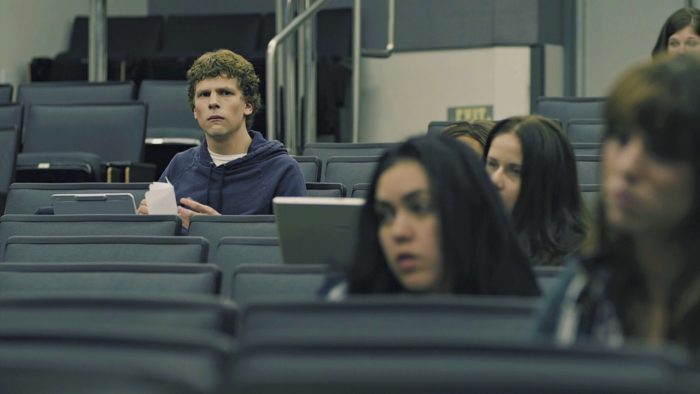These 17 eye-opening facts curated by David Perell is where the education system should be and where work is going. Truly inspiring.
1. The current system is rooted in conformity.
Education is one-size-fits-all.
It’s reactionary — oriented towards past values and past technologies.
It forces us to learn the same things, in the same way, at the same place, at the same pace, at the same age.
2. The current system depends on extrinsic rewards.
Students care too much about grades and not enough about learning.
As @neiltyson once wrote: “When students cheat on exams it’s because our school system values grades more than students value learning.”
3. Work and education will co-evolve.
Short term, project-based work will replace long-term, open-ended jobs.
A job will be a task that you do, not a position that you have.
4. The barriers to creating a class are virtually non-existent.
The three biggest constraints on teachers — time, energy, and geography — are evaporating.
“The average university lecture is already worse than the free, online option.” – @mmay3r

5. Access to information is cheap, global, and decentralized.
It’s free to access, copy, and re-use.
We can learn from anybody, anywhere.
A YouTube video can be seen wherever, whenever.
No longer are we forced to learn from people who live close to us.
6. The Library of Alexandria was once the world’s largest library.
It was the capital of knowledge and learning.
Today, almost all Americans own a smartphone or a computer.
Each device contains the library of Alexandria.
The sum total of all knowledge. Via @TheStoicEmperor
7. Students will be guided by a simple maxim.
Workers fall into two categories:
– People who tell computers what to do
– People who are told what to do by computers.
8. Education will be decentralized.
It will not be guided by a single vision, but rather the iterative work of people everywhere.
Editing a video? There’s a class for that.
Publishing a book? There’s a class for that.
Launching an online store? There’s a class for that.
9. Online education inverts the learning process.
School: Start with the basics, and expand towards curiosity.
Internet: Start with curiosity and expand towards the basics.
The bottleneck of learning has shifted towards motivation.

10. Learning will happen in batches.
Spontaneous curiosity drives daily learning.
Timely projects drive weekly learning.
Long-term projects drive monthly learning.
Long-term goals drive yearly learning.
11. The internet is the best school ever created.
The best peers are on the Internet.
The best books are on the Internet.
The best teachers are on the Internet.
The tools for learning are abundant.
It’s the desire to learn that’s scarce. (@naval)
12. Schools will improve as they get bigger.
They’ll benefit from rich feedback and on-going improvement.
They’ll embrace trial-and-error.
They’ll welcome testing and adoption.
They’ll adopt a philosophy of iterative improvement.
Personalized experiences, at scale.
13. The line between learning and entertainment will blur.
Learning demands emotion and energy.
The best professors will be inspiring, entertaining, and personality-driven.
They’ll establish emotional connections with students, at scale.

14. Leveraged by technology, individual professors will transcend their universities.
Their reach will be fueled by intense fandom.
They’ll speak with chromatic energy.
They’ll be prolific, polarizing, and personal.
The best teachers will become celebrities.
15. Planning will become less important.
Instead of front-loading education, we’ll acquire skills and information right when we need it — when motivation is highest.
Work will begin when we’re younger.
Learning will end when we’re older.
16. Top teachers will be practitioners, not academics.
Practitioners don’t just understand their discipline — they live it.
They embody what they teach.
They live at the frontier of their domain.
Teachers will measure the success of their students.
17. Continuous learning is essential.
“The illiterate of the 21st century will not be those who cannot read and write, but those who cannot learn, unlearn and relearn.” — Alvin Toffler
Make sure to follow David for more top-notch threads like this.


